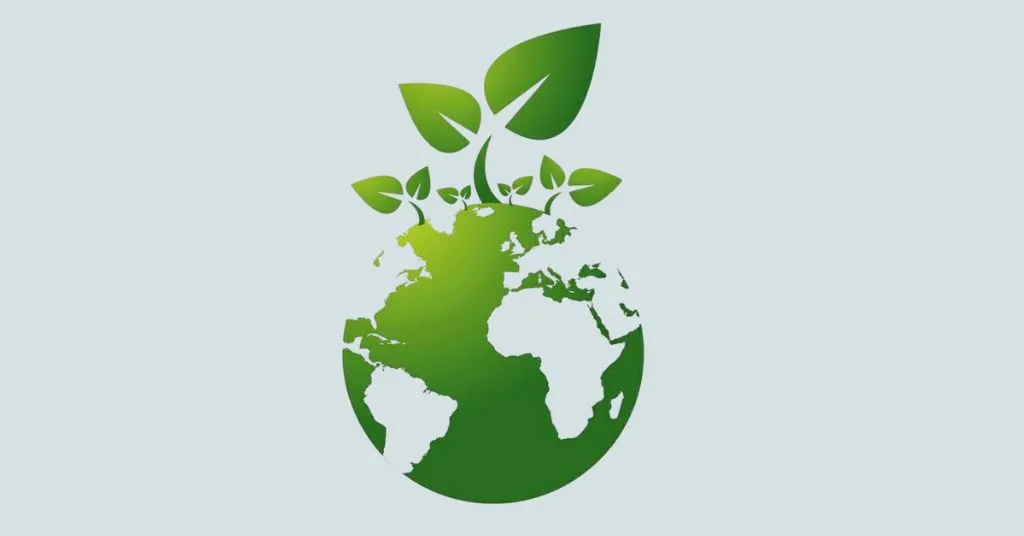For years, ESG reporting in Malaysia has been evolving quietly...

Latest News & Updates
Think Beyond Today. Invest in a Sustainable Tomorrow with SAMESG® Reporting


On September 30, the Kerala Cabinet approved a wide-ranging environmental, social, and governance (ESG) policy, marking a national first in structured ESG investment frameworks. The policy is built on the principle that low-polluting, environmentally friendly industries are best suited to Kerala’s industrial ecosystem, while also aligning with global trends where ESG has become central to investment decisions.
With the new policy, Kerala aims to position itself as a hub for ESG-compliant industries in India. The framework encourages businesses that operate sustainably, respect communities, and ensure transparent governance practices. According to Industries Minister P. Rajeeve, the State intends to leverage ESG not just as a compliance mandate but as a growth strategy for long-term industrial resilience.
To drive adoption, the government has announced extensive benefits for ESG-aligned projects. These include:
>> 100% reimbursement of capital investment for five years.
>> 10% subsidy on fixed capital investment, up to ₹50 lakh.
>> Low-cost loans through Kerala State Industrial Development Corporation (KSIDC) for machinery and technology.
>> 20% procurement margin in government contracts for local enterprises.
>> Support for start-up incubation, entrepreneurship, and subsidies to help existing industries transition into ESG frameworks.
The policy also emphasizes education and awareness, with campaigns for entrepreneurs and the public, integration into school and university curricula, and training through workshops and seminars. A digital e-portal will enable ESG reporting, aligned with both national requirements such as SEBI’s Business Responsibility and Sustainability Reporting (BRSR) and international frameworks including GRI, SASB, and TCFD. ESG ratings, awards, and branding initiatives will further highlight Kerala as a model ESG State.
Kerala has set ambitious sustainability targets of achieving 100% renewable energy use by 2040 and reaching carbon neutrality by 2050. Investments will focus on solar parks, floating solar projects, wind farms, hydroelectric plants, and biomass-based energy.
Share
Read Our Resources
Explore more resources